ITS Blog
Information on Addiction, Mental Health, and Recovery
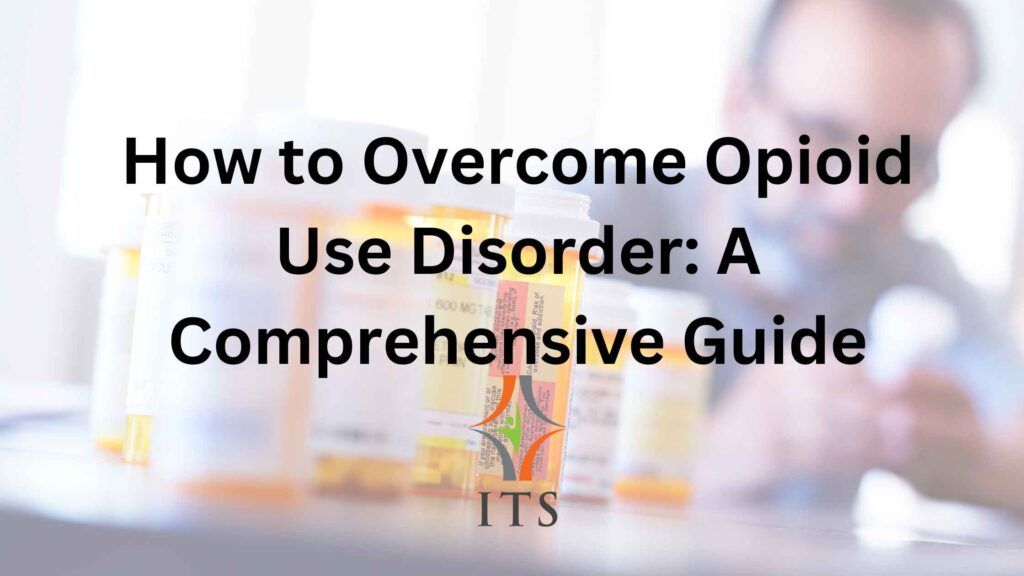
Overcoming Opioid Use Disorder: A Comprehensive Guide
Opioid use disorder (OUD) has reached epidemic proportions, affecting millions of individuals and their families across the globe. The journey to overcome opioid use disorder
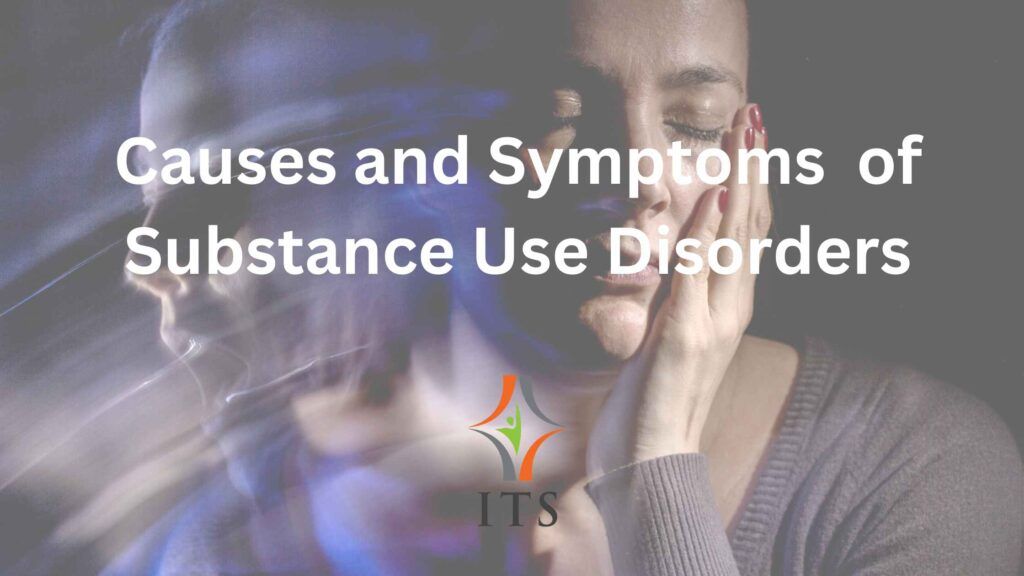
Must Know Causes and Symptoms of Substance Use Disorders
Substance Use Disorders (SUD) represent a complex condition that affects millions of individuals worldwide, transcending age, gender, and socioeconomic backgrounds. Essential to addressing this challenge
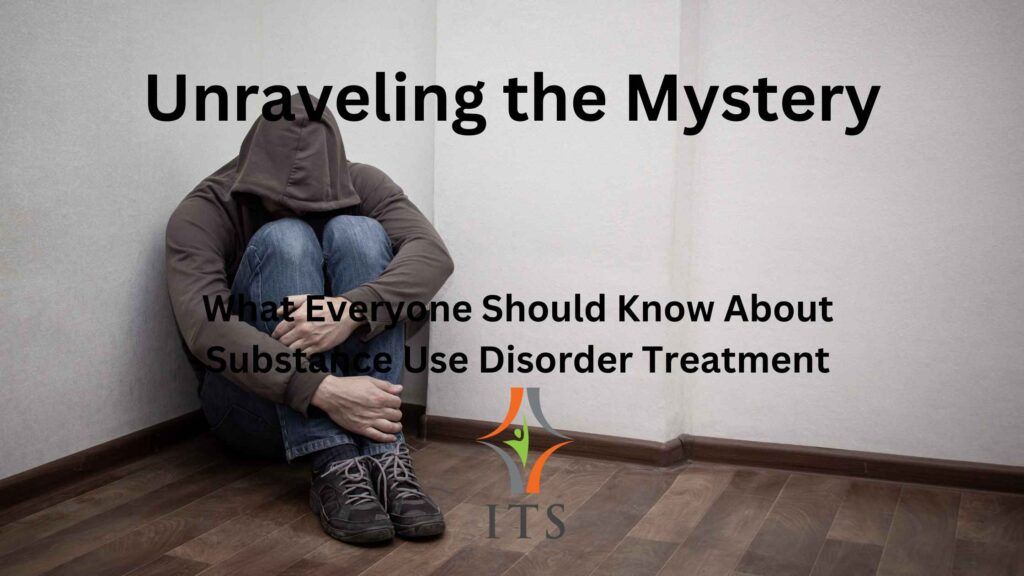
Unraveling the Mystery: What Everyone Should Know About Substance Use Disorder Treatment
Substance use disorder (SUD) is a complex condition that affects millions of individuals and families across the globe. Despite its prevalence, there remains a

Maximizing Your Benefits: A Closer Look at Insurance Coverage for Substance Use Disorder Treatment
By equipping you with the knowledge to maximize your insurance coverage for substance use disorder, your path to recovery is smoother and more accessible.
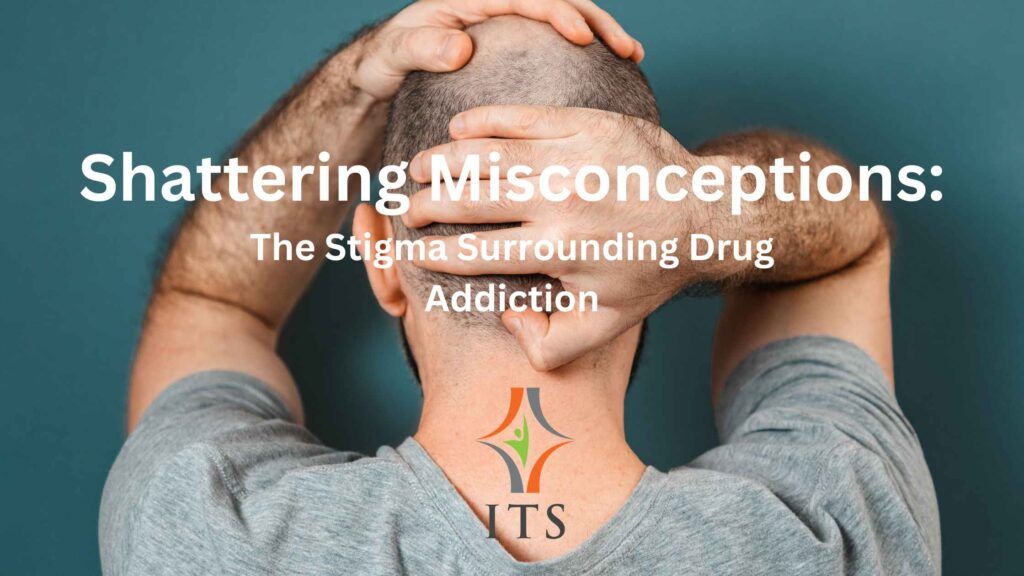
Shattering Misconceptions: The Stigma Surrounding Drug Addiction
Despite advances in our understanding of addiction as a chronic brain disorder, stigma and misconceptions persist, creating significant barriers to treatment and recovery.
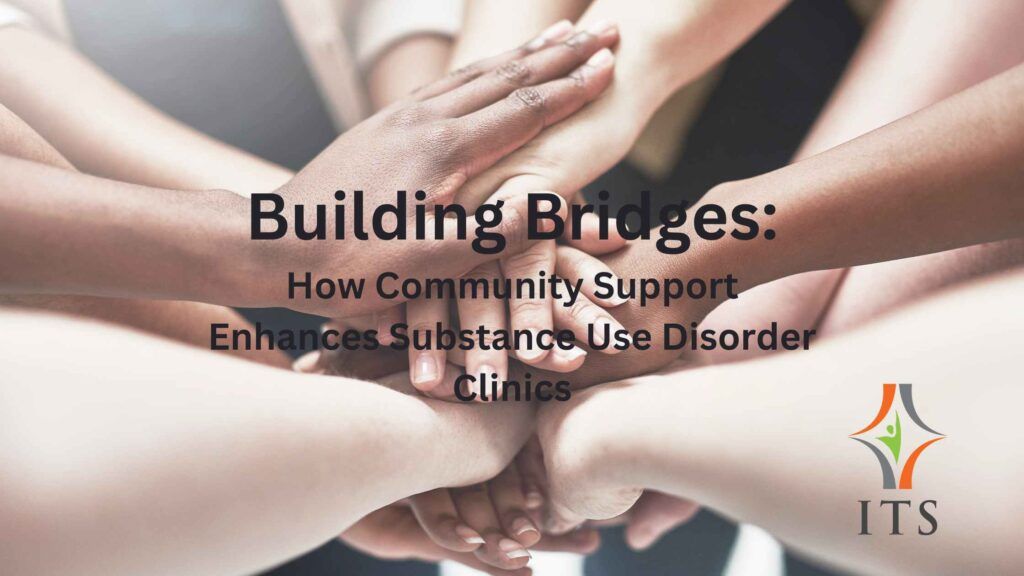
Building Bridges: How Community Support Enhances Substance Use Disorder Clinics
In the intricate landscape of substance use disorder (SUD) treatment, the role of community support cannot be overstated. At the heart of successful recovery lies
The Power of Unity: How Local Communities Can Boost the Success of Substance Use Disorder Clinics
The effectiveness of substance use disorder clinics often extends beyond their walls, deeply intertwined with the fabric of local communities.Through a collaborative approach, we can build a more resilient and compassionate society, ready to face the challenges of addiction together.
Transforming Lives: The Impact of Harm Reduction on At-Risk Communities
In this post, we’ll explore how harm reduction strategies are transforming lives and reshaping the narrative around addiction and public health.
The Opioid Paradox: Pain Relief vs. Addiction
In the intricate landscape of modern medicine, opioid pain relief stands as a double-edged sword. While these medications provide necessary solace for those grappling with
Medication Assisted Treatment: Transforming the Landscape of Addiction Recovery
In the realm of addiction recovery, medication assisted treatment (MAT) stands as a beacon of hope and innovation. This approach, integrating medications with counseling and
Treatment Options for Substance Use Disorder: A Comprehensive Guide to Recovery
This post aims to provide an overview of the various treatment options for substance use disorder.
How to Get Back on Track After a Relapse
This post aims to provide practical tips on how to get back on track after a relapse, emphasizing our organization’s dedication to supporting individuals through every step of their recovery journey.
Therapy in Substance Use Disorder Treatment
As a professional organization dedicated to addiction treatment, we aim to shed light on the integral role of therapy in substance use disorder treatment.
6 Signs of Addiction and the Need for Treatment
Substance use disorder, commonly known as addiction, often goes unnoticed until it significantly impacts an individual’s life. Recognizing the signs of addiction early can lead
Insurance Coverage for Substance Use Disorders: Empowering Recovery, One Policy at a Time
Insurance coverage for substance use disorders
Beyond Stereotypes: Understanding the Realities of Drug Addiction Stigma
Drug addiction stigma is a pervasive and harmful phenomenon that can hinder individuals’ recovery journeys. This blog post aims to shed light on the realities
Creating a Lifeline: The Role of Community Support in Substance Use Disorder Treatment
Substance use disorder is a complex health issue that impacts not only individuals but also their families and communities. However, recovery is possible, and it
Harm Reduction: A Lifeline for At-Risk Individuals
The battle against substance use disorder is a complex issue that requires multi-faceted approaches. One such approach, harm reduction, has proven to be an effective
From Stigma to Support: Changing the Narrative Around Opioid Use Disorder
The conversation around opioid use disorder (OUD) is often clouded by stigma and misunderstanding. This not only alienates those struggling with addiction but also hinders
The Power of MAT: Revolutionizing the Approach to Substance Use Disorder Treatment
In our ongoing commitment to providing comprehensive and effective addiction treatment, we recognize the significant role of Medication-Assisted Treatment (MAT) in revolutionizing approaches to substance
In the Fight Against Addiction: A Deep Dive into FDA-Approved Medications
Medication-assisted treatment combines behavioral therapy and medications to treat substance use disorders. When used correctly, MAT can significantly increase recovery rates and reduce the risk of relapse.

Prioritizing Mental Health During the Holiday Rush: A Comprehensive Guide
Balancing the demands of this busy time while maintaining focus on mental well-being can seem overwhelming. However, with the right strategies in place, it is possible to navigate this season successfully without compromising on your recovery process.

Navigating The Holidays in Recovery: Top 5 Tips for Dealing with Family
With each holiday, there are opportunities for togetherness, gratitude, and celebration. But for many, especially those of us in recovery from substance use disorder, it can also present unique challenges.

How we can be triggers
For a loved one in recovery, it’s important to be understanding not judgmental. It takes courage to disclose addiction to someone they love or admire.

Join Hands To Make A Positive Impact In Our Community
Community Meeting This announcement is to address a concerning issue that has been affecting our community recently. The increase in the homeless population and drug

Words Matter: The important role words plays when discussing substance use
While growing up many of us have heard the phrase use your words or your words have power. Yet somewhere along the way as a

The Role of Positivity and Encouragement in Recovery
Recovery from addiction is a challenging journey that requires not only professional support but also a positive and encouraging environment. Positivity and encouragement play a

The Importance of Mental Health in the Workplace
In today’s fast-paced and demanding work environment, it is crucial to prioritize mental health. Organizations that value the well-being of their employees not only foster

The Importance of Pets in Recovery: Finding Solace and Strength in Animal Companionship
Recovery is a journey that requires support, understanding, and a sense of purpose. One often overlooked source of such support can be found in our

Benefits of Peer Support: Empowering Recovery through Connection
When it comes to overcoming addiction, having a strong support system is crucial. While professional treatment plays a significant role, the power of peer support

Supporting Someone Struggling with Addiction: A Guide to Compassionate Assistance
When someone we care about is facing addiction, it can be challenging to know how to support them effectively. However, by offering understanding, empathy, and

Overdose Awareness and Prevention: Saving Lives through Education and Action
In recent years, the devastating impact of drug overdoses has become a pressing public health concern. Communities worldwide are grappling with the devastating consequences of

The Importance of Relaxation in Recovery
Finding Serenity: The Role of Relaxation in the Recovery Journey When it comes to addiction recovery, the path to healing involves more than just abstaining

Harnessing the Power of Community Support in Recovery
The journey to recovery from substance use disorder can be challenging, but it’s not a path anyone has to tread alone. One crucial element that

Unmasking the Pain: Recognizing the Signs of Addiction
Addiction is a complex and often hidden struggle, affecting millions of individuals worldwide. Understanding its early signs can be the first step towards recovery and

Mental Illness and Substance Use: Understanding the Connection
Many patients at Intensive Treatment Systems (ITS) enter treatment expecting to feel better after stopping their illicit opiate use, however, what they sometimes experience is

Methadone: What you think you know and really don’t
Methadone has been around for decades and has been used for Heroin addiction since the 1960’s. Yet so many people still are unaware of Methadone

Designer Drugs: A flashy name for a knockoff product
The name Designer Drugs, sounds prestigious and exclusive like GUCCI or PRADA, however the reality is nowhere near as glamorous. Designer drugs are created in secret

When will the heroin epidemic end?
It seems these days you cannot open a newspaper or watch the news without seeing a story about someone overdosing on heroin or other opiates.

The Power of Hydration: why staying hydrated is the key to success when trying to stay healthy
Staying properly hydrated, especially in this Arizona heat is something most of know we should do. Hydration is important for the body and mind to

From Selfish to Self-Love: Self care is the key to success in recovery
It’s not selfish to love yourself, take care of yourself, and to make your happiness priority. It’s necessary. – Mandy Halo Selfish is a common

Postpartum Depression: Breaking the stigma and getting the truth
Having a baby is an exciting time in a women’s life filled with big changes and a lot of emotions. Feeling tired, anxious, and depressed

Providing Answers to the Opioid Epidemic
With Heroin and Opiate abuse aggressively sweeping the nation, the effects are devastating. Eighty-one people die each day in the United States from an opioid

Recovery and Diet: How the two go hand in hand
Addiction takes a major toll on a person’s body. It often leads to irregular eating habits and poor nutrition. Nutrients, vitamins and minerals provide the
